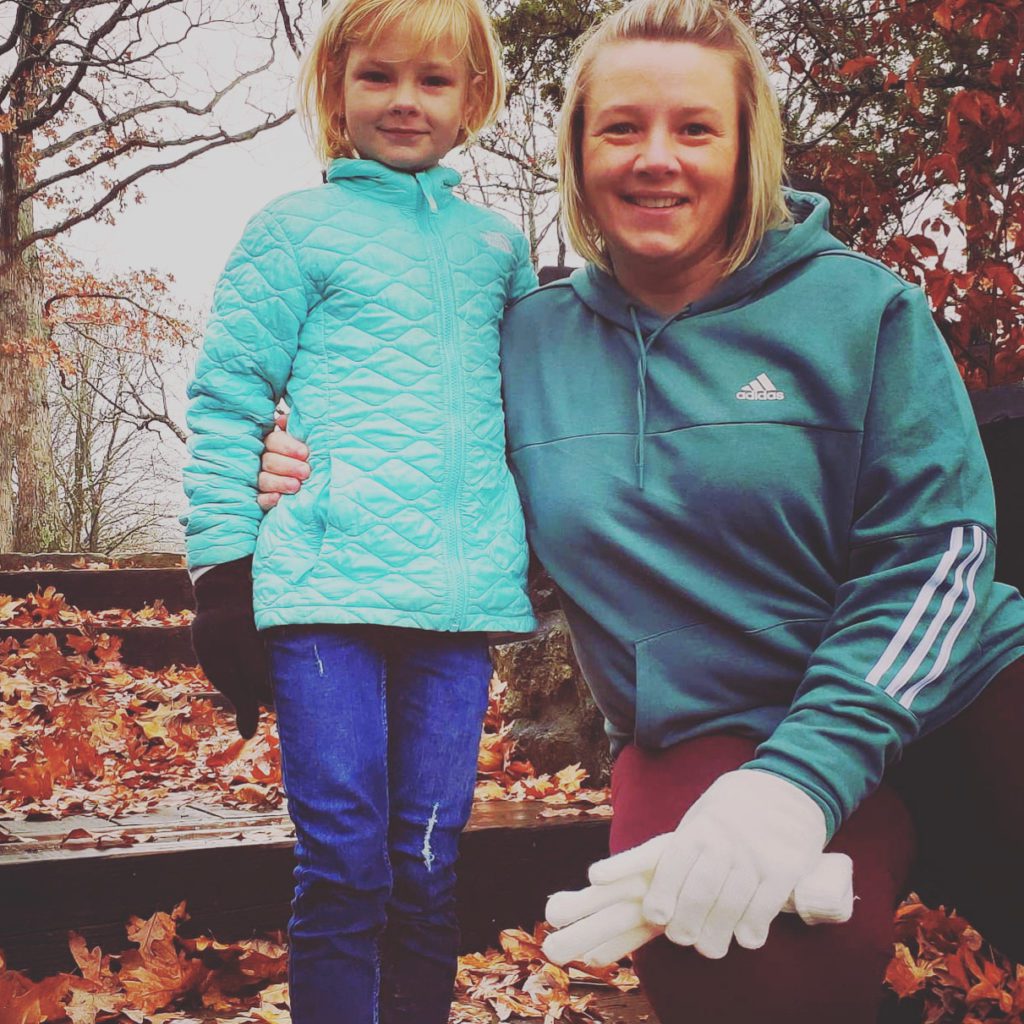As Aaliyah is still a minor, her story is told by her mother.
Describe life prior to diagnosis:
Since the age of three and a half, Aaliyah had a poor immune system and was often sick. She endured seven years of testing, which included having frequent blood draws.
At the age of eight she was diagnosed by a hematologist with benign cyclic neutropenia, which is a blood disorder characterized by extremely low levels of white blood cells (the ones that fight infections). We thought we had our answer. Our hematologist thought we were on a path to improvement, because although her levels were low, they were seemingly stable. Then she was tested at age nine and her levels—for IgG, IgM, iron, white blood cells, neutrophils, lymphocytes, and more—went down again.
In the fall of 2020, we were then referred to immunology, who started their process of questions and labs. They also referred us to endocrinology. At age 10 she was just 57 lbs.
How did you come to know (or suspect) that she had celiac disease?
Between Thanksgiving and Christmas of 2020 I watched my daughter basically stop eating. She would eat approximately two to three tablespoons of food. I called her pediatrician’s office and expressed my concern. We happened to get an appointment with a new doctor.
The doctor immediately put Aaliyah on a high calorie diet. She was in the 2nd percentile and classified with failure to thrive and borderline malnutrition. The new pediatrician said it was either her thyroid or celiac disease. Aaliyah endured more lab tests and just after the start of the new year (2021) we had our diagnosis: celiac disease.
Aaliyah also had a biopsy done. The surgeon said “We don’t really see celiac disease, but the labs will confirm.” In the consultation afterward, he said, “Remember when I told you we don’t see it?”
I said, “You saw it, didn’t you?”
His reply? “Textbook.”
How long did it take for her to get diagnosed since her first symptoms and what (if any) challenges did you face along the way?
It took seven years! Aaliyah was never really sick with her celiac disease symptoms. She didn’t have bloating or vomiting, just a poor immune system. Looking back, we wonder if her mouth full of sores at three and a half was the onset of celiac disease.
We had been through test after test and were even referred to the genetics clinic at our local children’s hospital, but I truly believe it was Aaliyah’s lack of eating and meeting with a new doctor by chance that saved her.
Describe your experience with living with celiac disease:
At first Aaliyah had a lot of emotions and felt like she was stripped of what was normal, even though she didn’t do anything wrong. Kids made fun of her, questioned why she got special snacks, different lunches, and why her classroom area had to be protected differently. Our psychologist at the gastrointestinal (GI) clinic warned us it might happen. After engaging with the school counselor, principal, and teacher, her peers were educated and now it’s just normal for everyone.
Her brother Max is super helpful! He is only seven, but he watches out for her and helps read labels because he loves his sister and wants her to be safe. We as a family have adjusted to a completely gluten-free house, which really is not that bad. It is just a part of our lifestyle now. Different but doable. I keep extra snacks around to send with her to friends’ houses and I am no longer embarrassed asking about safety precautions when we enjoy restaurant food.
Is there anything else you’d like to add to your story?
As parents we fought hard for the right answer. We just want the BEST for our kids and finding the right care is crucial to that.



